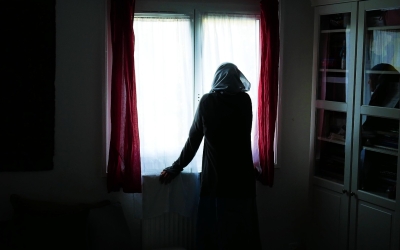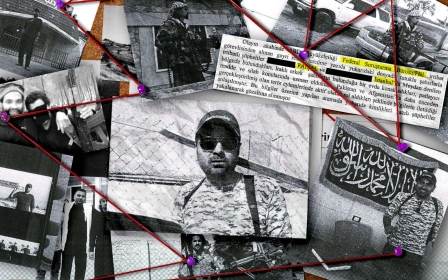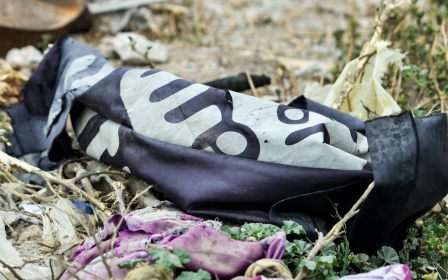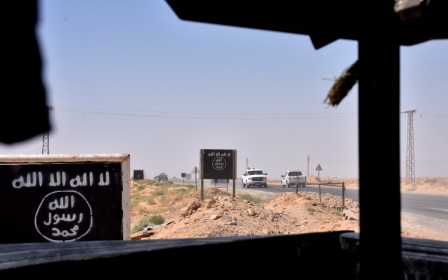Australian teenager feared dead months after Islamic State attack on Syrian prison
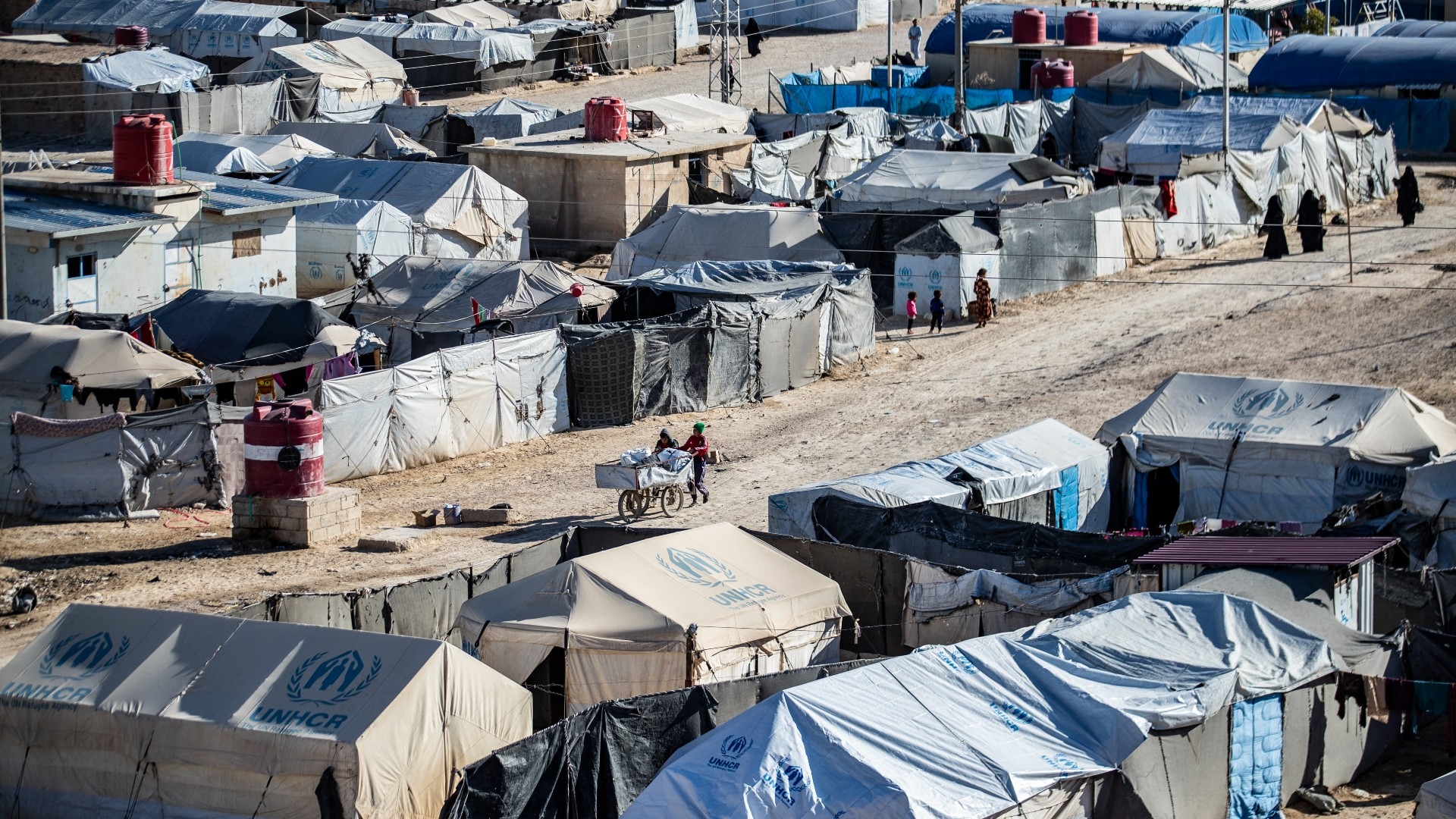
An Australian teenager is believed to have died in a Syrian prison holding Islamic State (IS) suspects, months after he begged the Australian government for assistance, his family and a leading rights group have said.
Yusuf Zahab was detained in Guweiran prison in Hasakah city alongside suspected IS members for more than three years when it was attacked by IS in January in an attempt to free its fighters.
During the fighting, an audio recording by Zahab begging for help made it outside the jail and was widely publicised.
"I got injured in my head and my hand," Zahab said at the time. "I lost a lot of blood … There's no doctors here, there's no one who can help me. I'm very scared. I need help. Please… [My] friends got killed in front of me, a 14-year-old, a 15-year-old… There's a lot of bodies, dead bodies, and there's a lot of injured people screaming from pain."
It is not clear when Zahab, who would have turned 18 in April, died.
New MEE newsletter: Jerusalem Dispatch
Sign up to get the latest insights and analysis on Israel-Palestine, alongside Turkey Unpacked and other MEE newsletters
'How many more detainees will die before countries bring home their nationals?'
- Letta Tayler, HRW
At the time, the Kurdish-led forces that run the prison said they wouldn't take responsibility for hundreds of boys detained in the facility amid reports of children being used as human shields.
In a statement on Monday, his family said they were "heartbroken and angry" to learn of Zahab's death, describing him as a caring and compassionate boy with a happy upbringing.
"Yusuf didn't need to die," they said in a statement released by Human Rights Watch (HRW). "The previous Australian government knew about Yusuf's predicament for more than three years … we are unaware of any efforts to support, care or inquire about him."
A spokesperson for the Department of Foreign Affairs said its ability to provide consular assistance to Australians in Syria was "deeply limited" because of the dangerous security situation.
"The Australian government remains deeply concerned about the situation of Australians in northeast Syria, including the welfare of those detained in prisons and other detention centres," the spokesperson said.
"We are seeking to confirm reports an Australian has been killed in Syria. The Australian government has offered consular assistance to Yusuf's family."
'This news should serve as a wake-up call'
Yusuf was 11 when he travelled to Syria with his parents and siblings. In 2018, at the age of 14, he was separated from his mother and sister while IS was suffering massive territorial defeats.
Because he was over 12, he was sent to the children's section of the adult prison without charge.
Letta Tayler, associate crisis and conflict director at HRW, called Zahab's death "a preventable, shocking tragedy".
"Yusuf Zahab survived being forced to live under ISIS, the battle to rout ISIS, and an ISIS prison attack, only to die while in the custody of the internationally backed forces who rescued him," she said.
"How many more detainees will die before countries bring home their nationals?"
At least 63 Australians, including more than 40 children, remain in camps in northeast Syria, according to estimates by Save the Children Australia.
The reported death has led to renewed calls for the remaining women and children stuck in makeshift detention camps in northeast Syria to be repatriated by the Australian government as a "matter of urgency".
"We repeatedly warned the previous government of the risks to Australian children who have been trapped in Syria for more than three years," Save the Children Australia’s chief executive, Mat Tinkler, told Australia's SBS news.
"Our worst fears are now a devastating reality for this young Australian. This deeply troubling news should serve as a wake-up call for the current government."
Middle East Eye delivers independent and unrivalled coverage and analysis of the Middle East, North Africa and beyond. To learn more about republishing this content and the associated fees, please fill out this form. More about MEE can be found here.


